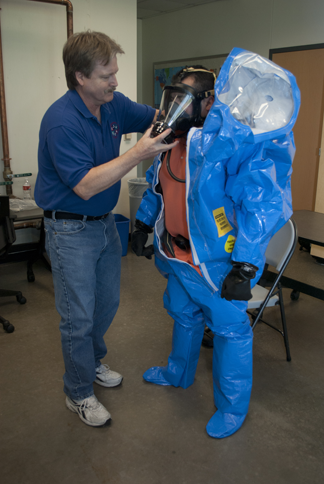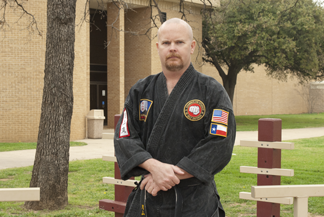The road to student success is often made less rocky with the right connections.
For students, those connections could be knowing which advisor to see when it’s time to transfer, understanding who to talk to about getting financial aid or looking to someone who can provide moral support.
Students who consistently attend class and take notes already have key components that will contribute to their success. But with the difficulty of some courses, befriending a lab partner and/or connecting with other students to form study groups are sometimes necessary vehicles to achieving success as a student.
At community colleges, students aren’t living on campus and normally don’t have a reason to stick around after their classes. Many have jobs and a separate life outside of school, so making a connection with other students, faculty or staff is not a priority.
Some students are unaware of how beneficial it is to engage with other people on campus. On the other hand, some students expect the institution to present them with connections. Otherwise, they won’t know which connections to make.
 In a 2009 Survey of Entering Student Engagement, the TCC district surveyed about 1,500 students, and only 13 percent of them said they were assigned a specific person they could see each time they needed information or assistance.
In a 2009 Survey of Entering Student Engagement, the TCC district surveyed about 1,500 students, and only 13 percent of them said they were assigned a specific person they could see each time they needed information or assistance.
If students aren’t approached by a faculty member and, as a result, never seek to make that connection, they might not have anyone to go to when they start struggling or need help.
It’s up to the institution to make a greater effort to engage with students and show them what opportunities the school has to contribute to their success.
It’s also imperative that students make a conscious effort to connect with people at school who can help guide them through college and successfully achieve their goals. Knowing the right person could lead to an internship or a full-time job.
Institutions have the resources to promote student success, but students should be presented with those resources and key people to help bridge that gap between students and connections.
For some students, it may not be necessary to socialize to get good grades, but sticking around campus an extra 10 minutes to talk to other students is a good way to make friends or meet people who can help pave the way to success.























